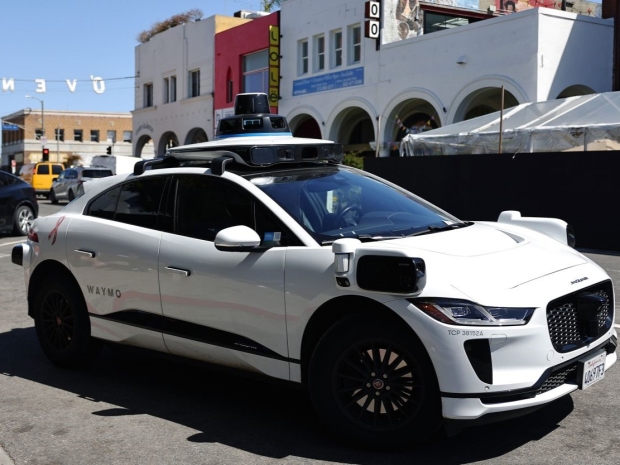Waymo has released some numbers showing its autonomous vehicles have demonstrated a markedly lower incidence of collisions than human-operated vehicles. The data reveals fewer than one injury-inducing collision per million miles driven by Waymo, juxtaposed with an estimated 64 incidents by human drivers over the same distance.
Notably, many of Waymo's most severe accidents were caused by human drivers rear-ending the autonomous vehicles. Of the 23 most severe incidents involving Waymo, 16 were due to rear-end collisions by human drivers, while three others involved human-driven cars running red lights before colliding with Waymo. Crucially, there were no severe accidents where a Waymo vehicle ran a red light, rear-ended another vehicle, or engaged in clear-cut misconduct.
Waymo's driverless cars have traversed over 22 million miles, maintaining an impressive safety record with fewer than one injury-causing crash per million miles—substantially outperforming the average human driver.
Last week, Waymo launched a new website to present these statistics to the public.
According to Waymo, typical drivers in San Francisco and Phoenix—its two primary markets—would have caused 64 crashes over the same 22 million miles. Thus, Waymo vehicles are involved in injury-causing crashes that are less than one-third as frequent per mile as human-driven vehicles.
Waymo also reports a significant reduction in crashes severe enough to deploy airbags. The autonomous vehicles have experienced just five such incidents, whereas Waymo estimates that human drivers in Phoenix and San Francisco would have encountered 31 airbag-deploying crashes over the same distance. This suggests that Waymo's driverless cars are one-sixth as likely as human drivers to experience this type of severe crash.
This new data is pivotal as Waymo rapidly expands its robotaxi service. A year ago, Waymo was providing 10,000 rides per week. Last month, the company announced it had scaled up to 100,000 rides per week, underscoring the growing public trust and reliance on autonomous vehicle technology.

